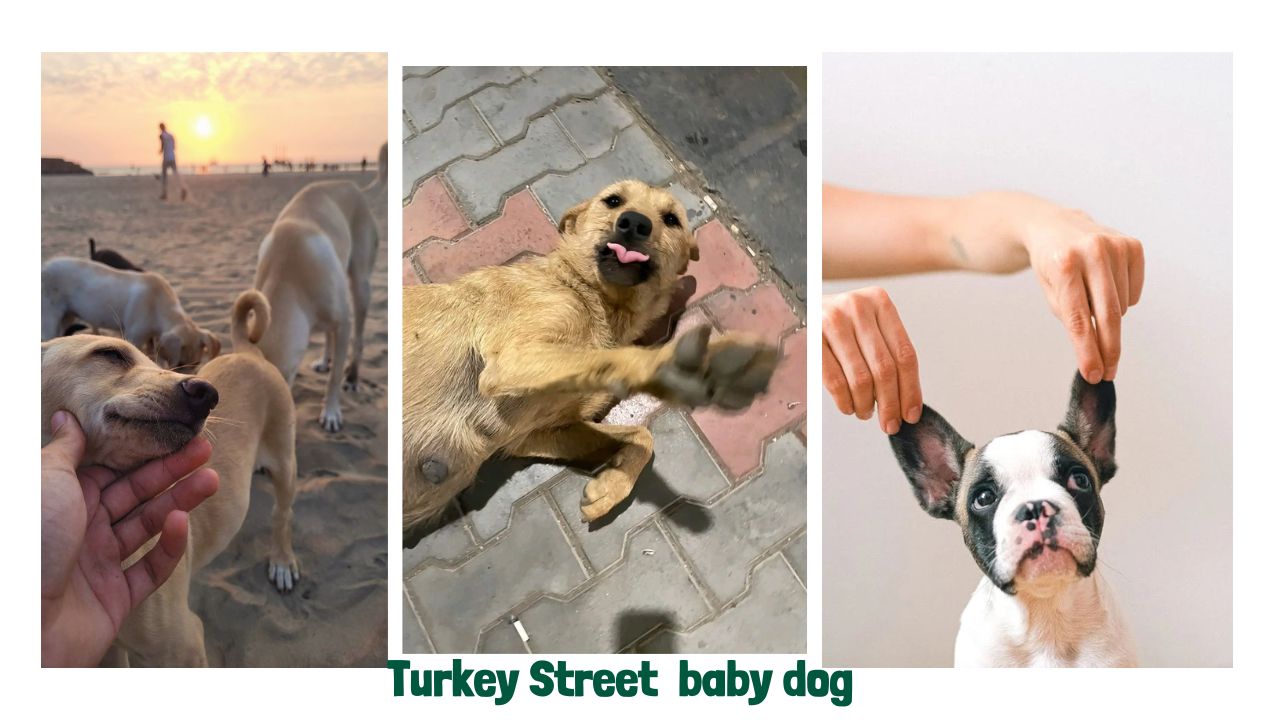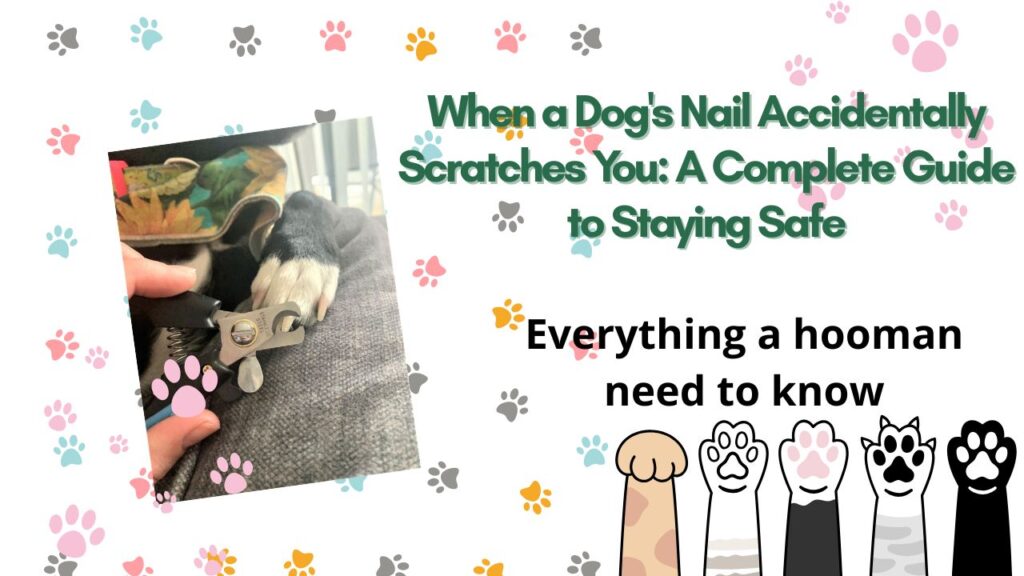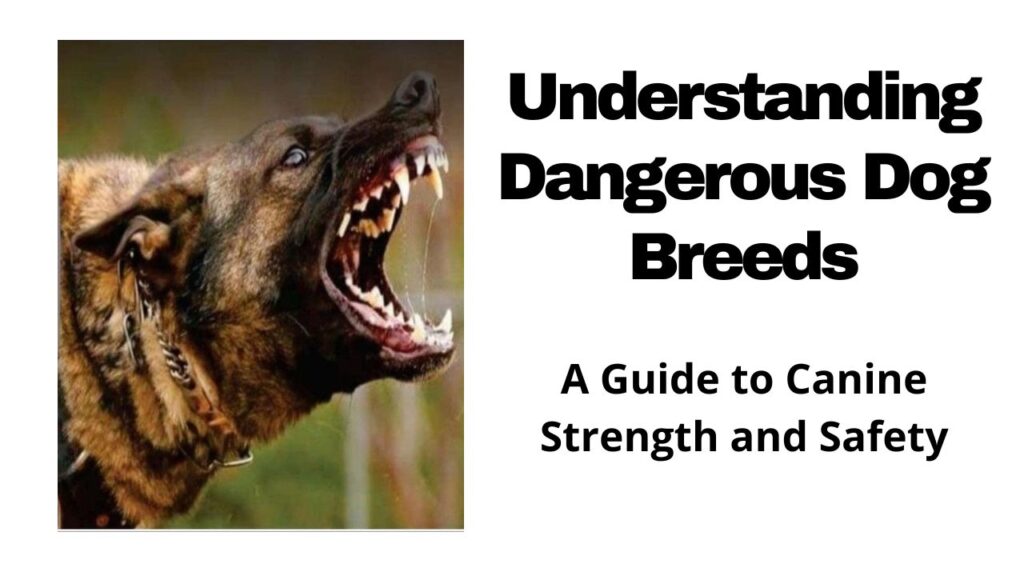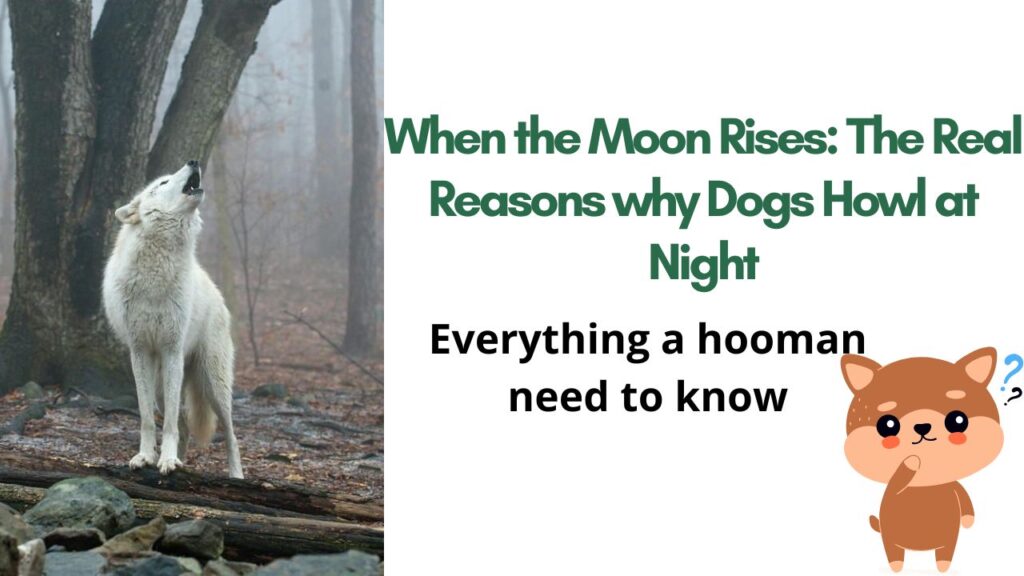Turkey is home to a vibrant population of street dogs, often referred to as “sokak köpekleri.” These dogs are not just strays; they are an integral part of the community, known for their adaptability and friendly nature. In cities like Istanbul, you’ll find them lounging in parks, playing with children, or even receiving food from local vendors. The bond between these dogs and the people of Turkey is heartwarming, showcasing a unique relationship built on mutual respect and understanding.Turkey’s street dogs come in various shapes and sizes, each with its distinct personality. They are typically mixed breeds, which contributes to their resilience and ability to thrive in urban environments. Their presence is a reminder of the importance of compassion and community care for all living beings.
List of Dog Breeds Found in Turkey
While many street dogs in Turkey are mixed breeds, several specific breeds are commonly seen. Here’s a brief introduction to some notable ones:
- Kangal: Known for their impressive size and strength, Kangal dogs are often used as livestock guardians. They are loyal and protective, making them excellent companions.
- Anatolian Shepherd: This breed is renowned for its herding abilities and is highly valued by farmers. They are independent thinkers and require proper training.
- Akbash: With a striking white coat, Akbash dogs are also used for guarding livestock. They are intelligent and require socialization from an early age.
- Airedale Terrier: Although not native to Turkey, Airedales can be found among street dogs due to their adaptability. They are friendly and energetic.
- Turkish Van: Known primarily as a cat breed, some Turkish Vans exhibit dog-like behaviors when raised among canines. They are playful and sociable.
- Bichon Frise: Occasionally seen among street populations, these small dogs are known for their cheerful disposition and fluffy coats.
- Pit Bull: While often misunderstood, many street Pit Bulls in Turkey are gentle and affectionate when properly socialized.
Each breed has its unique traits that contribute to the diverse tapestry of Turkey’s street dog population.
Genetic Background of Turkey Street Dogs
The lineage of Turkey’s street dogs can be traced back thousands of years. Archaeological evidence suggests that domesticated dogs have existed in this region since ancient times. These early canines were likely bred for specific traits such as herding or guarding livestock. Turkey’s geographical location as a bridge between Europe and Asia has contributed to the genetic diversity seen in its street dog population. Over time, these dogs have adapted to their environment, developing physical traits such as thicker fur for colder climates or leaner bodies for agility. Unlike purebred dogs that often exhibit specific characteristics due to controlled breeding practices, Turkey’s street dogs showcase a mix of features—varying coat colors, sizes, and temperaments. This genetic diversity allows them to adapt better to urban life challenges.
Behavioral Studies of All Breeds of Turkey Street Dogs
Research into the behavior of Turkey’s street dogs reveals fascinating insights into their social structures and survival strategies. Studies show that these dogs often form packs that help them navigate city life more effectively.
Social Structures
Street dogs tend to establish hierarchies within their packs. This social structure helps them coordinate activities such as hunting for food or finding safe resting places. Their ability to communicate through body language and vocalizations is crucial for maintaining these relationships.
Mating Strategies
Mating strategies among street dogs can vary significantly based on environmental factors. In urban settings where food scarcity may occur, female street dogs may synchronize their estrus cycles to ensure that puppies are born during times when resources are more abundant.
Survival Tactics
Street dogs demonstrate remarkable intelligence in adapting to urban environments. They learn how to navigate traffic safely, scavenge for food efficiently, and interact with humans in ways that increase their chances of survival. Research indicates that they possess problem-solving skills comparable to those found in some domesticated breeds.
What is a Turkey Street Dog Breed?
A Turkey street dog breed typically refers to any dog found living on the streets or in urban areas across Turkey that does not belong to a specific breed category but rather represents a mix of various breeds adapted over generations to thrive in their environment.These dogs embody resilience and adaptability; they have learned how to coexist with humans while also relying on their instincts for survival. While they may not possess the pedigree of purebreds, they exhibit unique qualities that make them beloved members of their communities.
Questions Mostly Asked About Street Dogs
- Are street dogs dangerous?
- Most street dogs are not dangerous; they tend to be friendly if treated well by humans.
- Can I adopt a street dog?
- Yes! Many organizations facilitate the adoption of street dogs looking for loving homes.
- How do I care for a street dog?
- Provide food, water, shelter, and regular veterinary care if you choose to adopt one.
- What should I do if I see an injured street dog?
- Contact local animal welfare organizations or veterinarians who can assist with rescue efforts.
- Do street dogs have owners?
- Many street dogs do not have formal owners but may be cared for by local communities.
- How can I help street dogs?
- You can volunteer at shelters, donate supplies or funds, or advocate for animal rights.
- Are there any laws protecting street dogs in Turkey?
- Yes! There are laws aimed at protecting stray animals’ welfare in Turkey.
Common Health Problems Faced by Turkey Street Dogs
Street dogs often face various health challenges due to their living conditions:
- Parasitic Infections: Fleas, ticks, and worms are common among stray populations.
- Skin Conditions: Poor nutrition and exposure lead to skin diseases.
- Infectious Diseases: Conditions like rabies or distemper pose significant threats.
- Malnutrition: Limited access to food affects overall health.
- Injuries: Traffic accidents or fights with other animals can result in serious injuries.
Regular veterinary check-ups and community support play crucial roles in improving these health issues among Turkey’s street dog population.
Legal Framework and Animal Rights for Turkey Street Dogs
In recent years, Turkey has made strides toward improving animal welfare laws concerning stray animals:
- The law mandates municipalities provide care for stray animals.
- Local governments must establish shelters and provide veterinary services.
- Citizens have legal rights to report abuse or neglect toward stray animals.
Despite these advancements, enforcement remains inconsistent across different regions.
Conclusion
Turkey’s street dogs symbolize resilience and adaptability amidst urban challenges. Their stories remind us of the importance of compassion towards all living beings—especially those who rely on our kindness for survival. By understanding their behaviors, supporting local initiatives for animal welfare, and considering adoption options, we can contribute positively to the lives of these remarkable creatures. As we celebrate our furry friends today, let’s commit ourselves not just as observers but as active participants in improving their lives through advocacy and care. Together we can create a brighter future for all street dogs!







